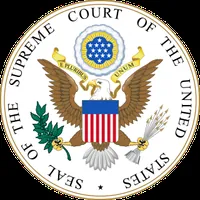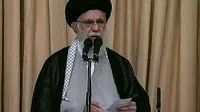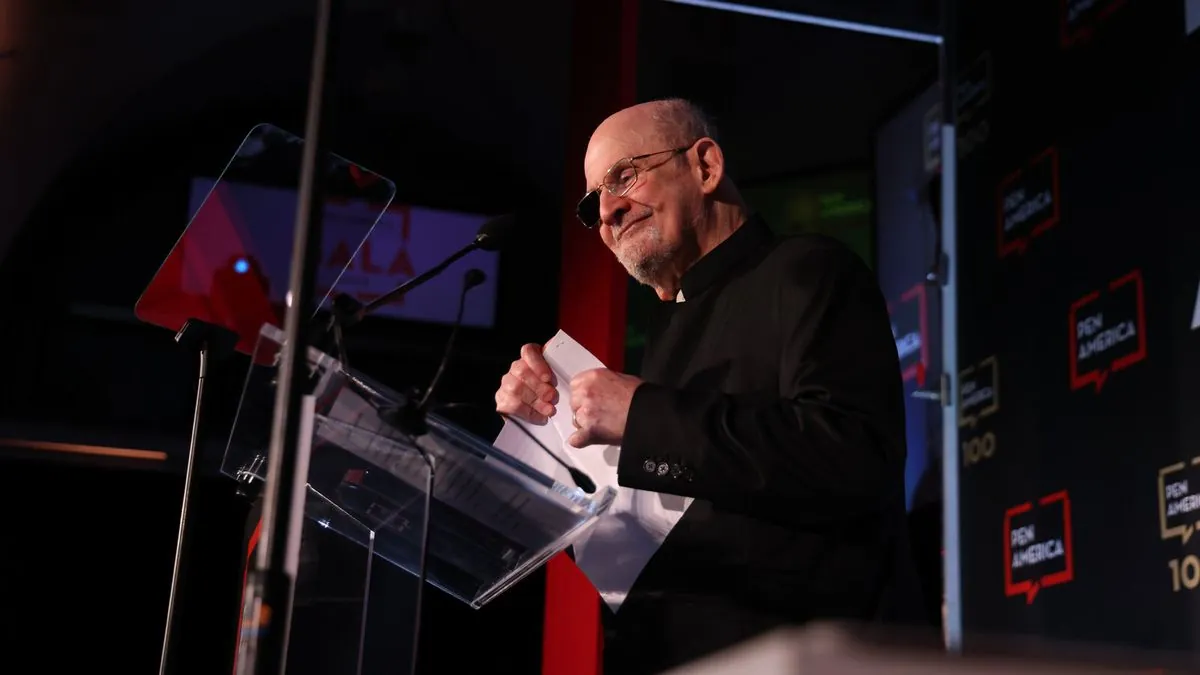Fredric Jameson's "The Years of Theory": Unraveling French Thought's Legacy
Fredric Jameson's book explores French theory's evolution, from post-war philosophy to its current state. It examines theory's political roots and its relevance in today's neoliberal world.
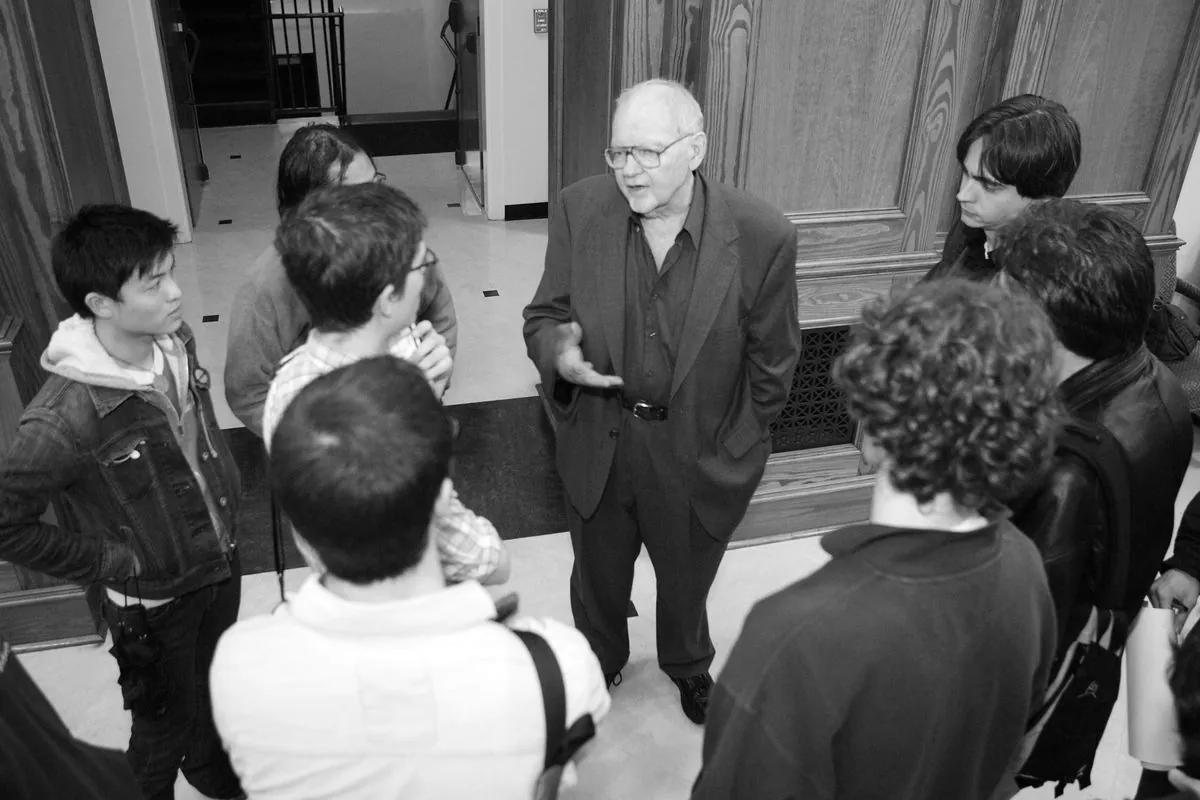
The mention of "French theory" often elicits strong reactions, ranging from furrowed brows to outright criticism. However, Fredric Jameson's recent work, "The Years of Theory," offers a fresh perspective on this controversial subject.
Jameson's book, based on a 2021 online graduate seminar at Duke University, provides a comprehensive overview of French theory from the post-World War II era to the present day. The author divides the development of theory into four distinct periods, each influenced by significant historical events in France:
- The post-war "liberation" era, marked by Jean-Paul Sartre's existentialism
- The late 1950s, influenced by the Algerian War and the rise of structuralism
- The aftermath of the May 1968 uprisings, featuring thinkers like Jacques Lacan, Gilles Deleuze, Michel Foucault, and Jacques Derrida
- The globalization period beginning in the 1980s, leading to the "end of theory"
Jameson argues that French theory emerged as a response to specific national and geopolitical circumstances. This contrasts with its reception in American universities, where it was often divorced from its political context.
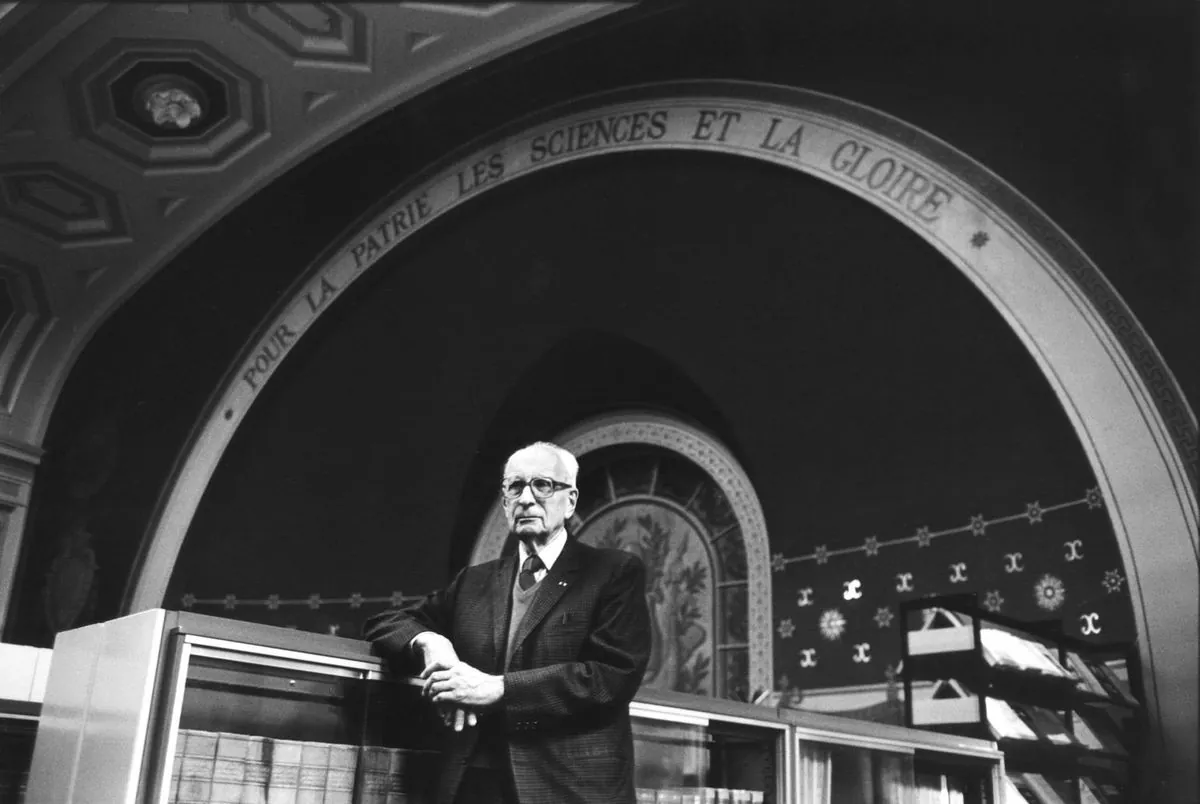
The book highlights how French theorists attempted to solve philosophical problems raised by national events. For instance, Claude Lévi-Strauss's structuralism resonated with leftist intellectuals during the Algerian War, while the events of May 1968 led to a shift away from individualism towards "trans-individual forces."
Jameson emphasizes that theory always had a discernible political dimension, linked to the pursuit of an "autonomous France" between World War II and the rise of neoliberalism. However, as France integrated into the European Union and the global capitalist system, theory lost its political bearings.
"The most successful part of neoliberalism was to have persuaded us that the future is here: We have the market, and we don't need anything else."
The author traces how neoliberalism's dominance led to the disaggregation of theory's various approaches and their return to traditional disciplinary silos. This process, coupled with market-based pressures on academia, has undermined the spaces where theory once flourished.
Despite this bleak assessment, Jameson suggests that theory's ability to imagine a collective future remains possible. He encourages readers to identify and solve shared problems, particularly in ethics, art, and neuroscience.
Contemporary scholars like Anna Kornbluh are applying theoretical approaches to address current issues, such as analyzing aesthetic modes in relation to capitalism or supporting labor organizing efforts. Extra-academic institutions like the Brooklyn Institute for Social Research continue to cultivate theory outside traditional university settings.
While French theory's influence has waned in its country of origin, its conceptual tools remain valuable for philosophizing about collective social life in our globalized world. As Jameson notes, theory still has an authoritarian figure to rebel against: globalization itself.




















